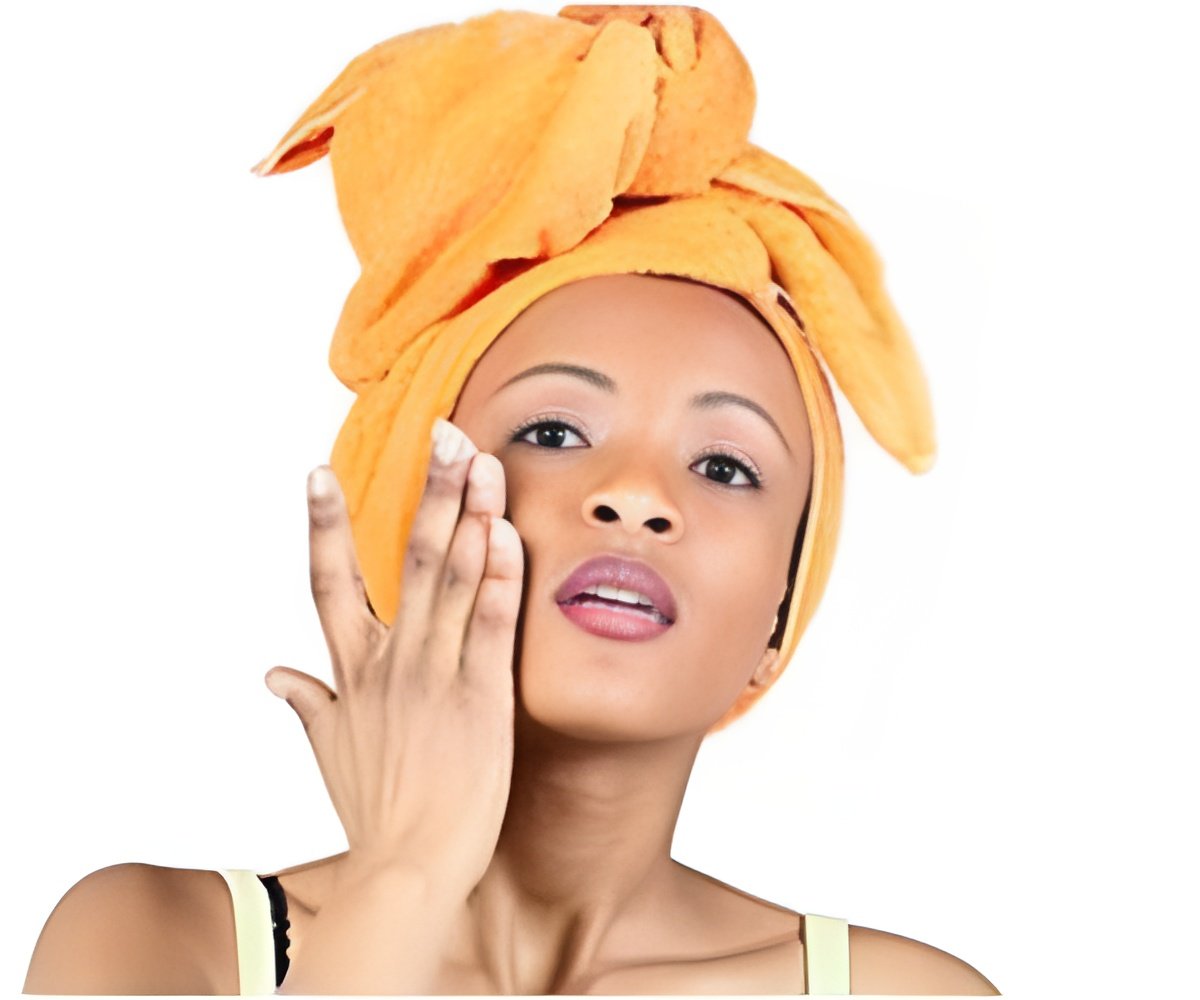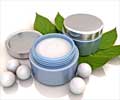
With a female population of more than 38 million, Iran is the second-largest cosmetics market in the Middle East in terms of revenue, behind Saudi Arabia, and the world's seventh biggest.
"Iranian women wear makeup as soon as they get up in the morning. Even if they feel ill, they know that they must look beautiful in the street," says Tina Zarinnam, 30, a fashion designer.
The French luxury brand Lancome recently announced a return to Iran after decades away, inviting around 400 industry types and artists to one of the biggest hotels in Tehran to celebrate its comeback.
It was the first time since the 1979 Islamic revolution that a major Western brand -- Lancome is the number one luxury line of the L'Oreal group -- had been launched with such fanfare.
No American cosmetics brands have been sold on the official Iranian market since the US imposed a trade embargo in the 1980s.
Advertisement
- Money to be made -
Advertisement
Lancome is presented in Iran by the Safir perfume chain, a leading official distributor of beauty products. Created in 2010, the chain now has nearly 20 branches across the country.
"It's a booming market, which is roughly several hundred million dollars," a brand representative says, adding that this amount is split between its own distribution and the grey market.
Only 40 percent of Iran's market is controlled by official distributors. The rest is divided among bootleggers who operate in parallel in bazaars and small shops that import cosmetics and makeup illegally, says Pegah Goshayeshi, Safir's chief executive.
Imports are costly as regulations are strict and various government officials must approve a product before it is given a label that guarantees its quality.
Wearing makeup does not violate the laws of the Islamic republic, however, because Islam does not prohibit perfumes or cosmetics.
- An ancient tradition -
"The Prophet Mohammed himself used perfume," Goshayeshi says.
Makeup is also a form of personal expression in a society where compulsory wearing of hijab requires women to cover their hair and their body in loose clothing when outside, regardless of their religion.
Tastes in makeup vary in different parts of the country. In northern Iran, a coloured mascara and perfumes with a flowery fragrance is preferred, while women in the south tend to buy black mascara and stronger, more musky perfumes.
Iranian men are also gradually leaning toward using more cosmetics.
"They take better care of their skin, because they want to look younger," Goshayeshi adds.
In a country affected by a severe economic crisis, partly because of Western sanctions, makeup is considered expensive but it is often a small salve to help forget everyday problems.
"Makeup has an impact on the one who wears it ... I put on makeup because I love it. I enjoy wearing it. It makes me feel fresh and calm," says Forough Heidari, a 42-year-old physiotherapist.
And the Iranian market is by no means saturated.
"There is still room for luxury goods in the medium or low-end market" despite the presence of 20 Iranian and foreign brands, says Vista Bavar, founder and director of the Caprice brand.
"Iran has a large youth population, most of whom still live with their parents. They do not have to care too much about expenses" and can spend a lot on beauty products, she adds.
Source-AFP










